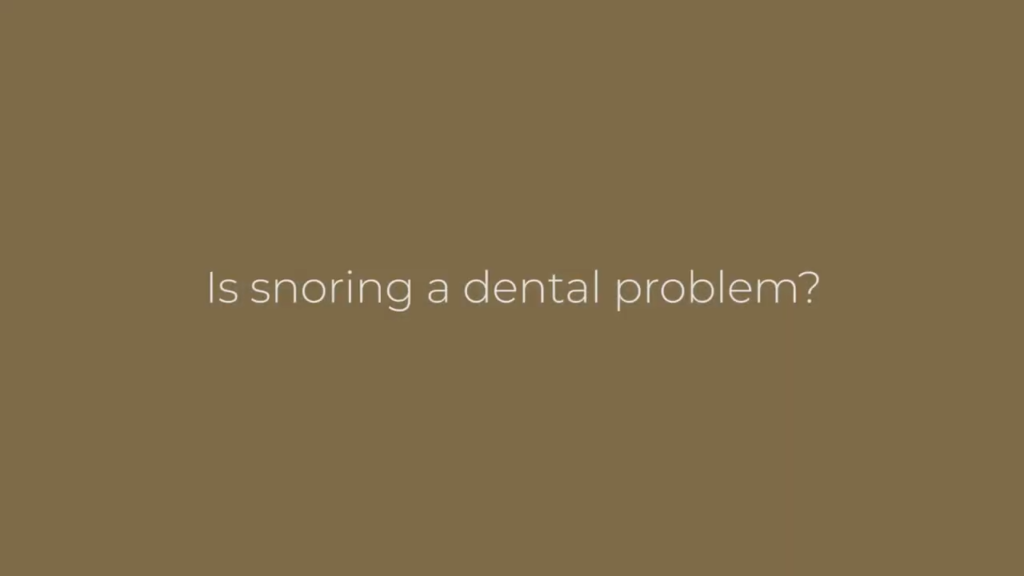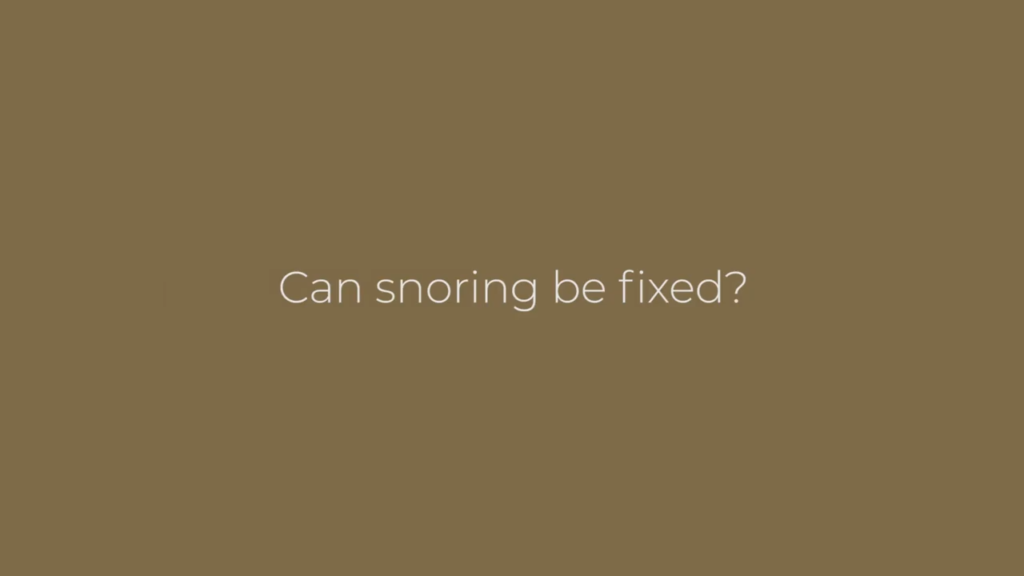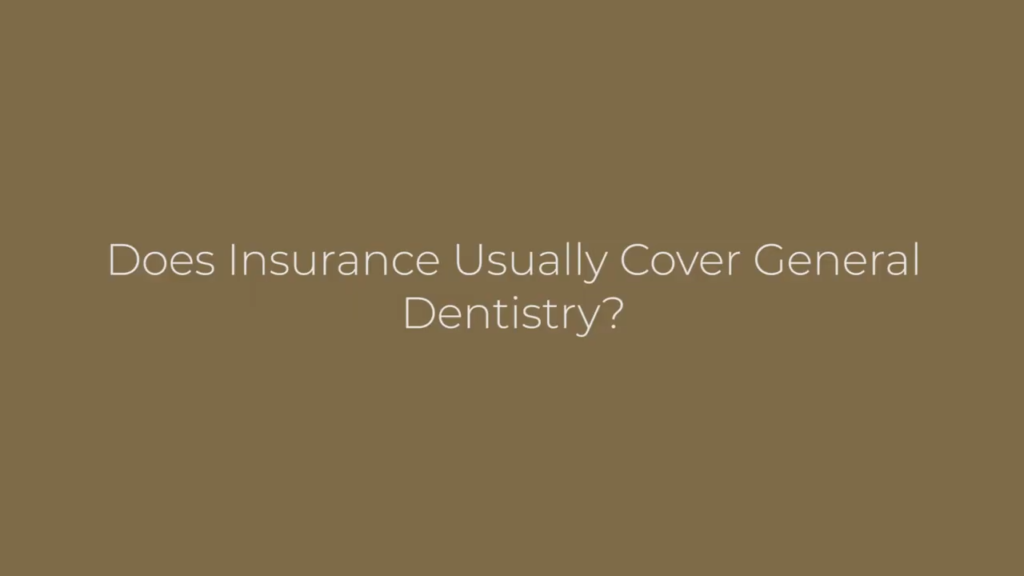What Are The Benefits Of All-on-Four?
A: There’s three main benefits the way we see it— the first is obviously getting you back to a highly functioning dentition. If you’ve been in dentures, you know there’s sloppiness and a loose feel to dentures— you take them out every night. With the All-on-Four, you’re basically putting functioning teeth back in, full time.
Of course, there is some maintenance that goes with it, but at the end of the day, you get your bite forces back. You are able to eat a very healthy diet, which is really reason number two in our opinion. A healthy diet brings the rest of your body into healthy alignment. Then, the third, which has a bit of vanity to it— you get to pick how your teeth look when we remake them. So, you have an awesome cosmetic look as well at the end of all this.
Full Mouth Dental Implants In Houston
If you’re tired of suffering from missing teeth and want a true replacement that is a seamless transition, we have the answer. While the concept of dental implants in Houston is nothing new, there are advanced options for full-mouth replacement. All-on-Four is revolutionary in the sense that it is a quick, relatively painless modular option to implanting teeth one-by-one. When needing full mouth replacement of teeth, dentures have long been one of the most common solutions available. However, as technology has advanced, so have patient options. All-on-Four ironically is very much like dentures but with distinct advantages that make it clearly superior in every way.
All-On-Four Dental Implants In Houston Vs. Dentures
Dentures and All-On-4® dental implants in Houston are often referred to as All-on-Four dentures because they are both modular prosthetics. This means that the entire arch of teeth is on one prosthetic rather than individually— but that’s where the similarities end. While dentures are a removable modular prosthetic, All-on-Four is a permanent implanted solution that offers:
- No risk of shifting or slippage like dentures do with daily activities
- Implanted once and never need removal
- Look and function like natural teeth, without decay
- No pressure on gums, completely comfortable always
- Care is as simple as you would care for natural teeth
- Retain normal bite force, no impeding taste buds, and easier to eat all the foods you are used to— no limits
As you can see, All-on-Four is the future for replacing a full arch of teeth using dental implants in Houston. Since they are an advanced form of dental implants, what is it that makes them advanced?
All-on-Four Compared To Traditional Dental Implants In Houston
All-on-Four implants are still implants however, the way they are implanted is what makes them different. While normal dental implants in Houston are implanted tooth for tooth, All-on-Four only needs four implants per arch. Also, All-on-Four implants are implanted at an angle so they are far more stable and secured into the jawbone. With All-on-Four, there is also less of a likelihood that a patient will need bone grafting. However, keep in mind that is there is not enough healthy jawbone, grafting may be needed regardless. All of these key benefits save you from excessive pain, and make the procedure relatively painless and takes only a day in most cases.
Got Questions About All-on-Four?
We love for our patients to ask questions, it’s the only way that you can be properly informed. We stand by our philosophy that a well-informed patient is the best kind. When you know about the procedure you are considering it gives you three key benefits:
- Peace Of Mind – There are no unknowns you are fully aware of what to expect
- May Reveal Additional Concerns– Often there may be concerns you have arising out of asking other questions
- Increased Satisfaction -When you have been well informed bout this procedure it actually raises your level of satisfaction. This is because you have already explored all your options and determined this to be best.
In fact, with the internet being such a resourceful tool for research many patients come to their consult with great questions. We get a lot of questions regarding dental implants in Houston and the All-On-4® procedure that you may be asking too.
How Do I Know If I’m A Candidate For All-on-Four Dental Implants In Houston?
We are the leading practice for dental implants in Houston and we achieved that status using state of the art technology. To determine if you qualify for All-On-4®, we utilize advanced 3_D imaging equipment. These images provide the most comprehensive visual of your teeth available in the dental field to date. Using the images we get of your jaw, we determine bone strength, volume and how much jawbone remains. Most candidates, due to the ease of the procedure, are candidates for the All-on-Four method. However, being that it is a delicate procedure, if we deem the jawbone too weak we may recommend a bone graft or an alternative to implants.
How Is All-on-Four Different At CDG?
As mentioned before, we are a leader in this field of dentistry so we use all of the advanced tools available. Technology such as computer-assisted guides and planning helps make the procedure quicker and with astounding precision.
Because of this planning and precision, we are able to complete the procedure including your custom teeth in just one visit. With most dental offices, you have to go in for images, then come back for the extraction and implants. You’re still not finished though until you come back and add the permanent crown. That adds up to a lot of missed work and the tedious waiting game. then wait several weeks and come back to finish.
At CDG, we pride ourselves on getting patients in with their broken smile and out the same day with their new one. The quick turnaround and precision are made possible by huge investments in some of the most amazing technology.
Will People Be Able To See The Prosthetic Above The Gumline?
At Comprehensive Dental Group, the method we employ leaves our patients to smile without even the hint of a line. That again comes back to our extensive pre-planning and computer-aided design and imaging. Prior to the surgery we determine where the prosthetic will meet your jawbone to eliminate the line. During the procedure, we can also adjust it as necessary for a seamless and completely natural look. If you would like to see just how natural our All-on-Four looks, take a look at some prior cases.
Does All-On-4® Cost Any Additional Or Hidden Fees?
As dental care is very personal and each treatment varies, so does the cost vary too. The complexity of your dental situation, your current oral health, and other limitations can increase cost. However, our free consultation eliminates all the guesswork with our accurate estimates.
Since we use such advanced technology, we can virtually perform surgery. This gives you an accurate depiction of what your smile will look like. Additionally, it will give the dentist an accurate accounting of what is needed and the exact cost.
Also because this procedure is much quicker than regular dental implants in Houston, it’s more affordable. In fact, when you consider the great financing options we offer and the affordability of All-on-Four—it’s financially smart too.
Ready To Regain Your Smile?
When it comes to dental implants in Houston, Dr. Hanna is a trailblazer in the field. Dr. Hanna has not only been a provider in the dental implant field but also an innovator. With his Full On 5® implant procedure, Dr. Hanna continues to improve on the modular method of dental implants.
When you walk into our office you are treated like family from the start. We value our patients as if they were our relatives and treat them as such. We provide a comforting waiting room, surgery rooms, and state of the art chairs for comfort.
With over 12,000 successful procedures under Dr. Hanna’s belt, you are sure to get the best dental care in Houston. Contact us today for your free consultation.










